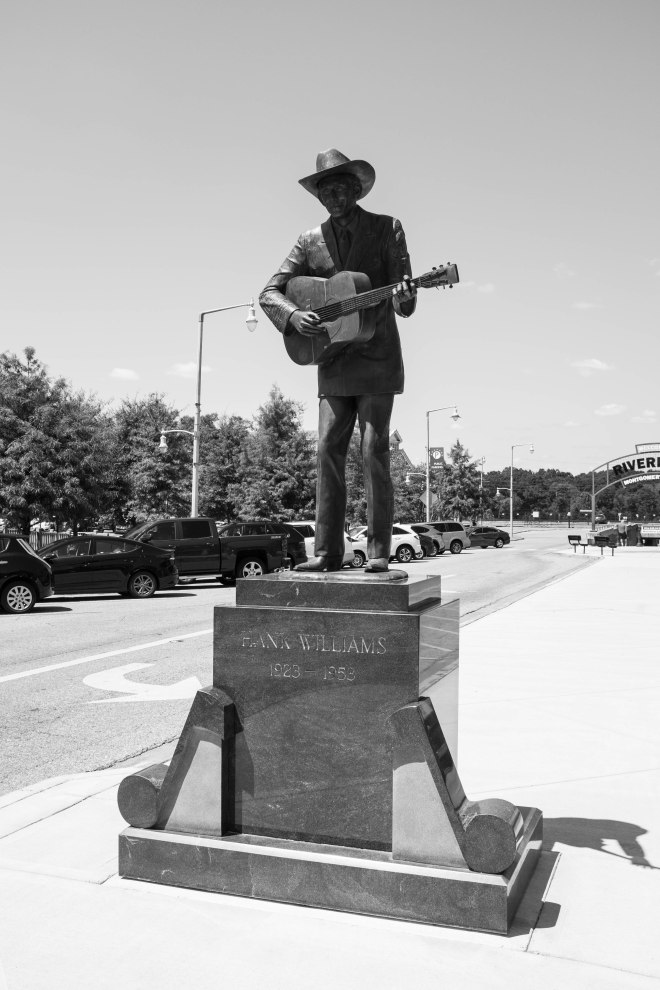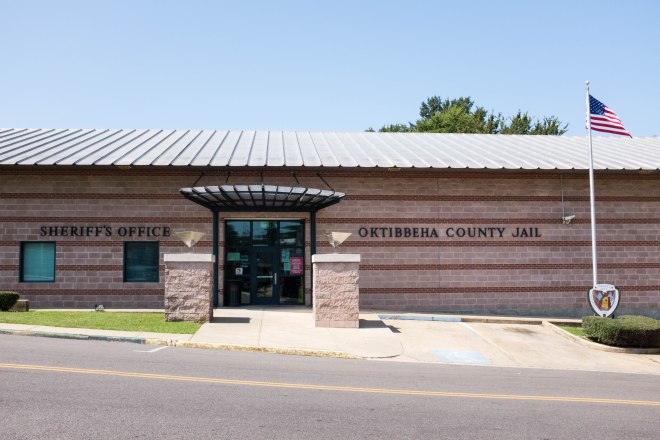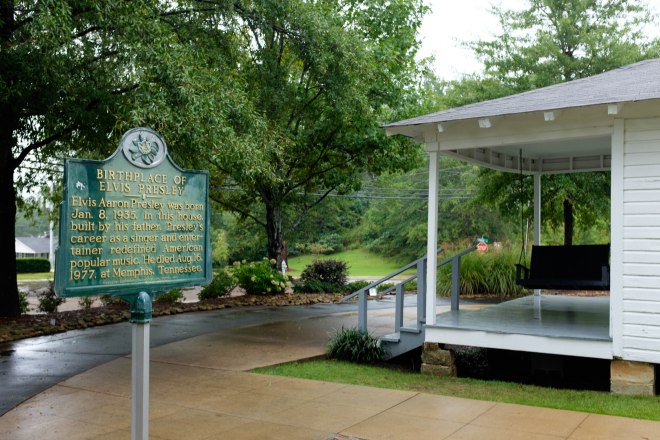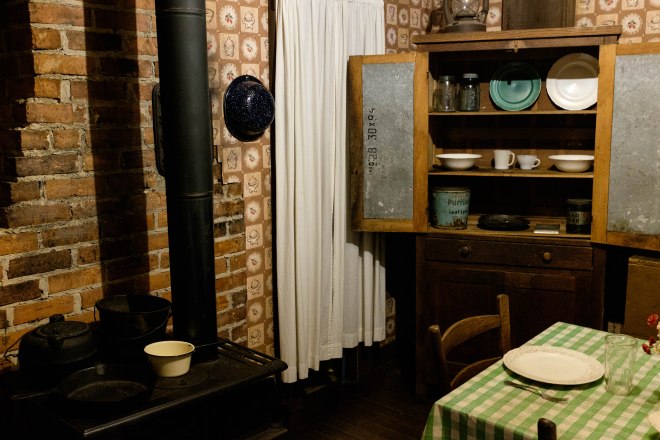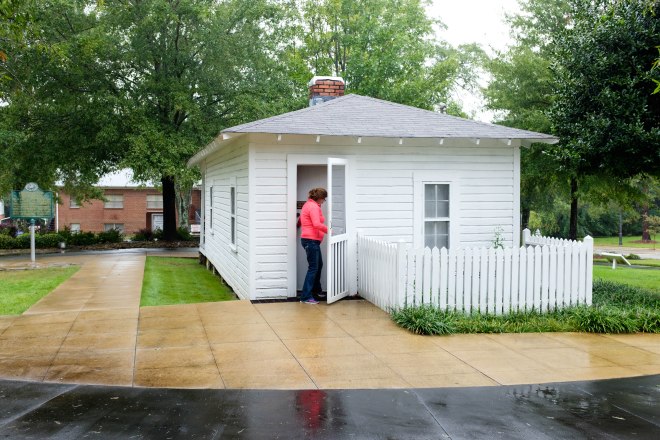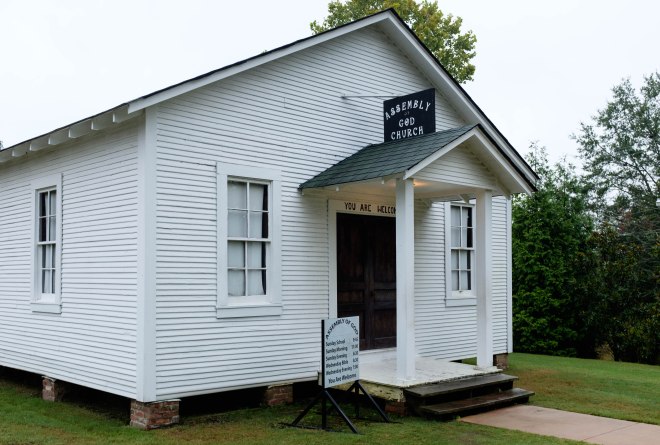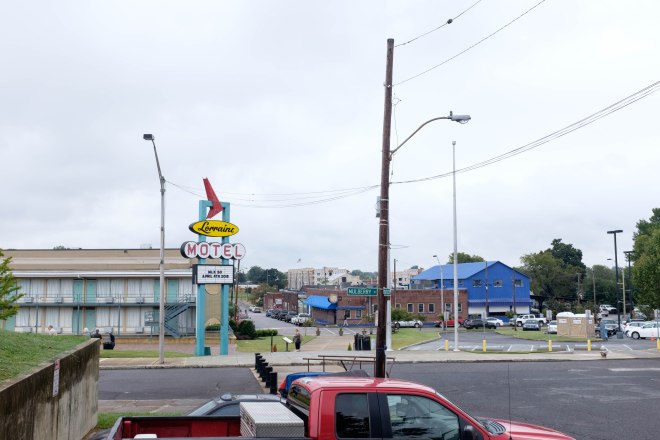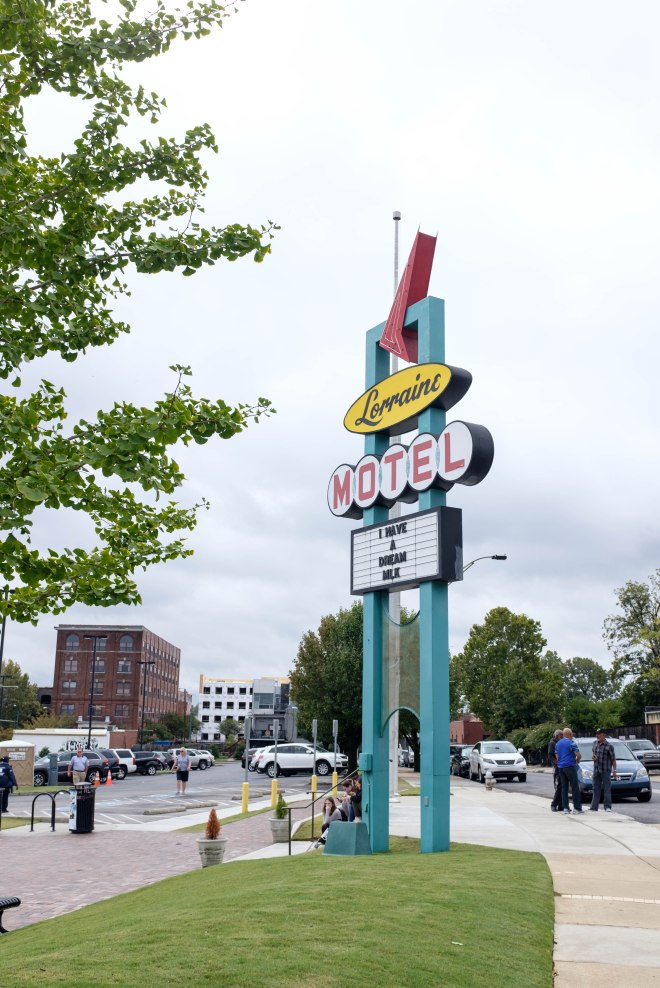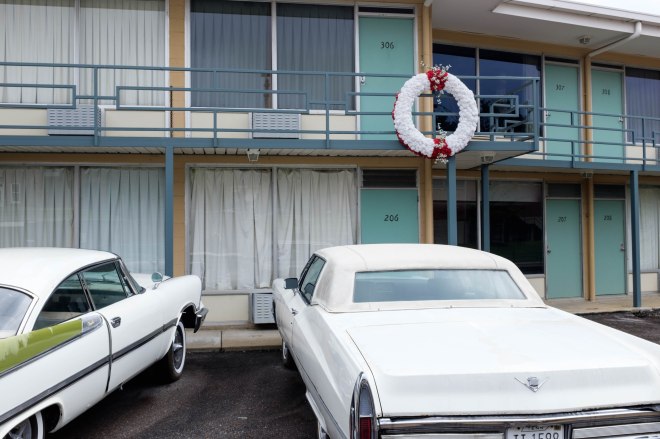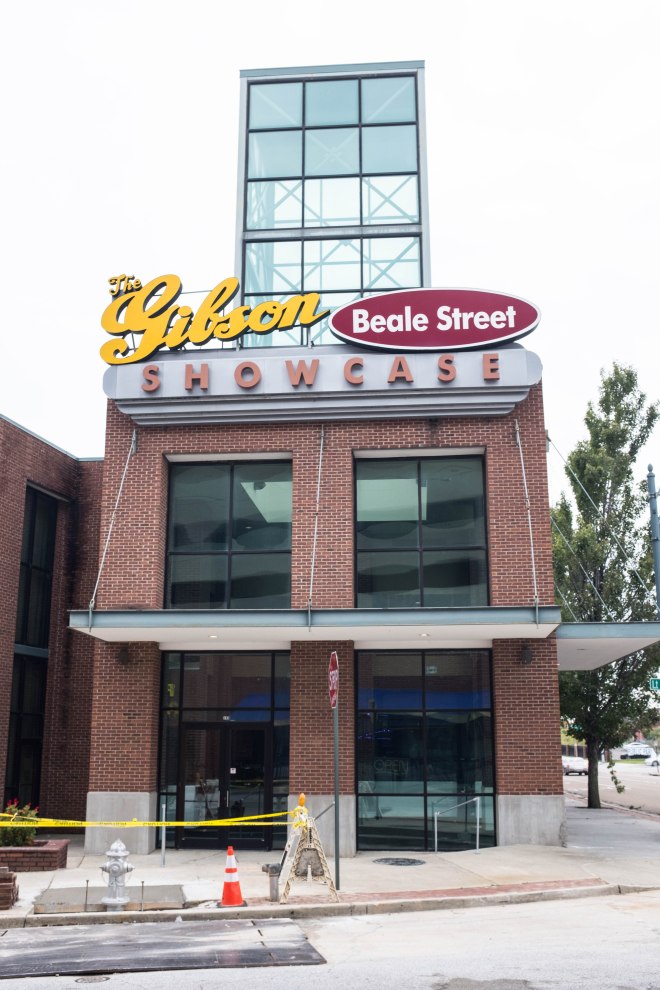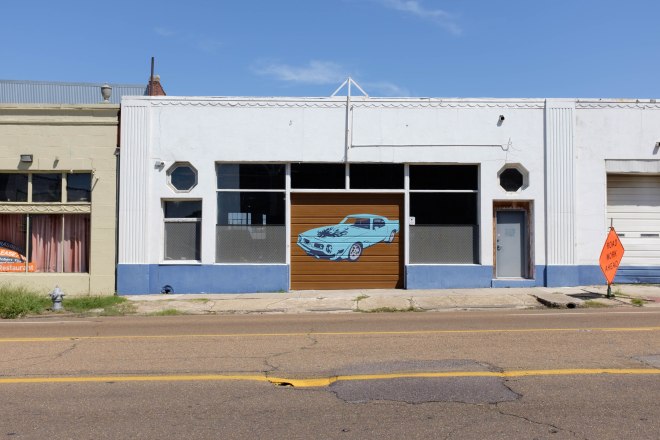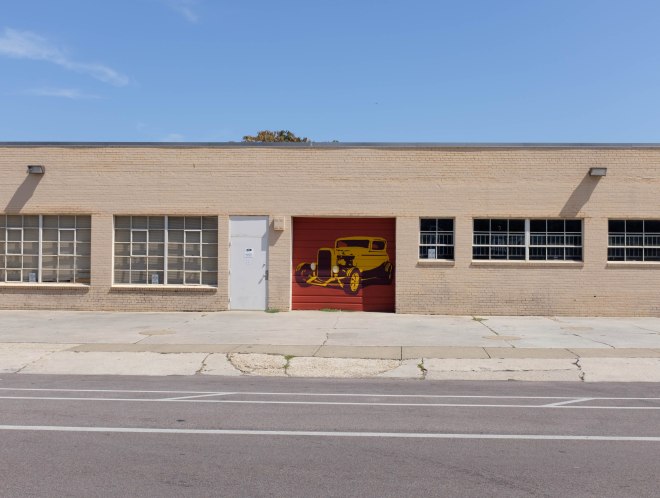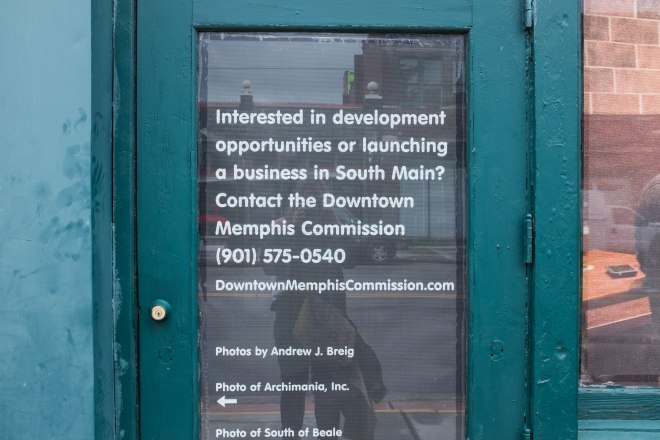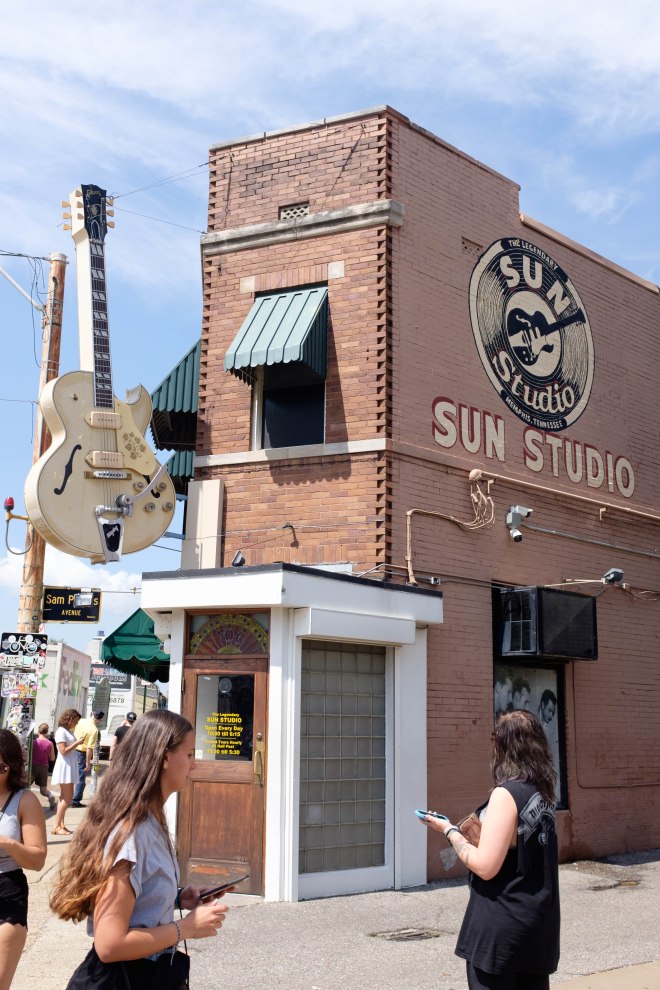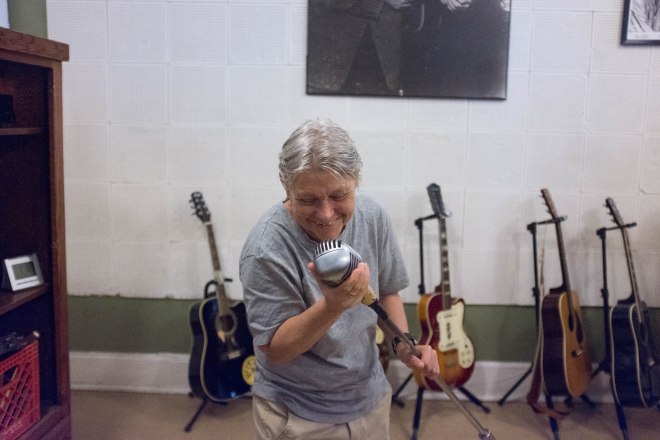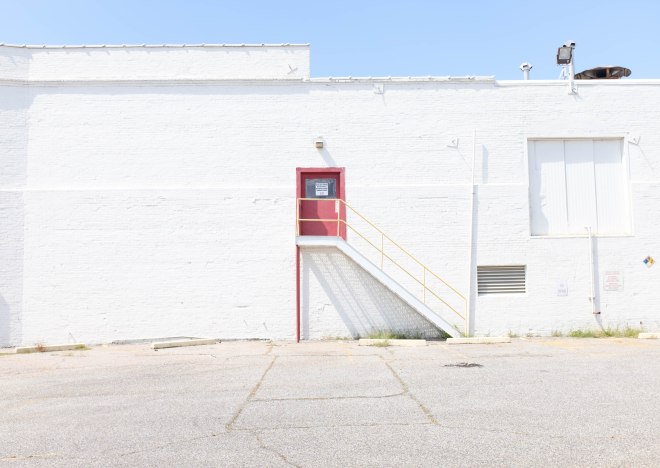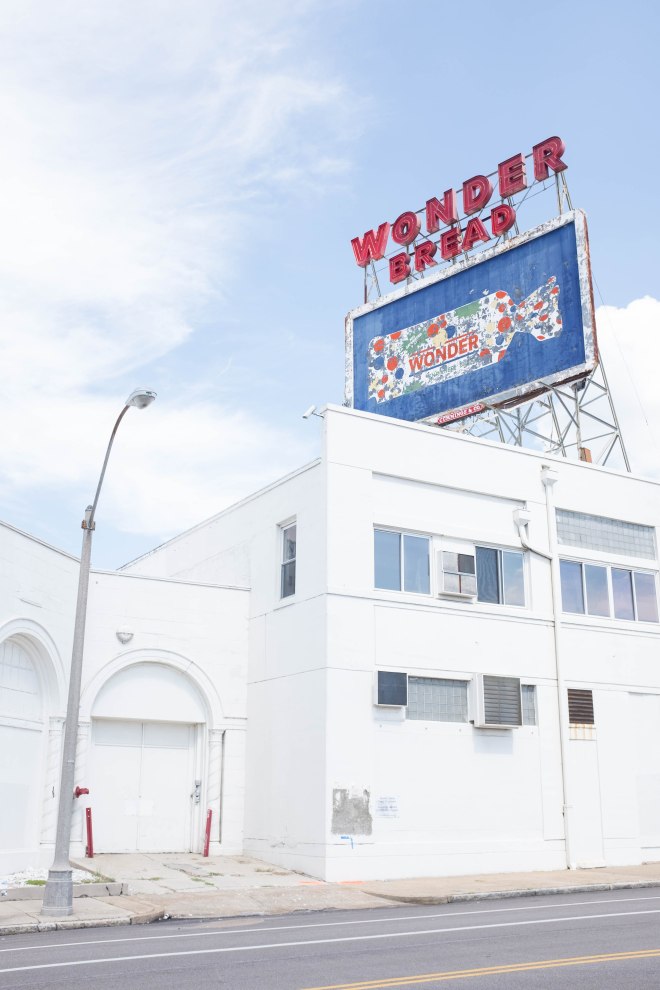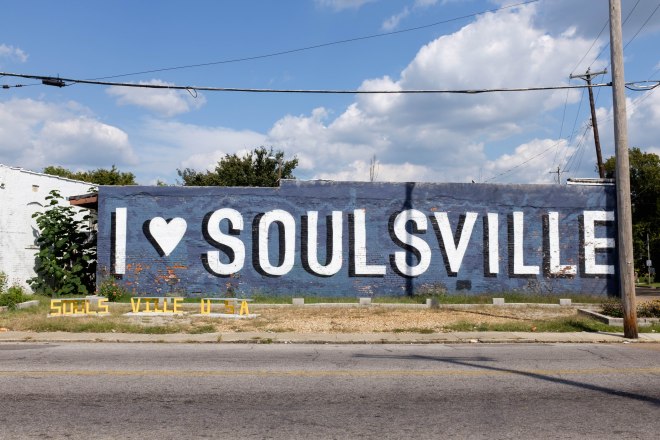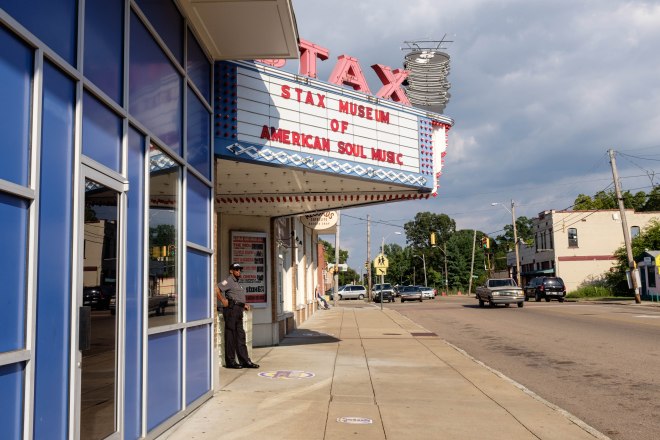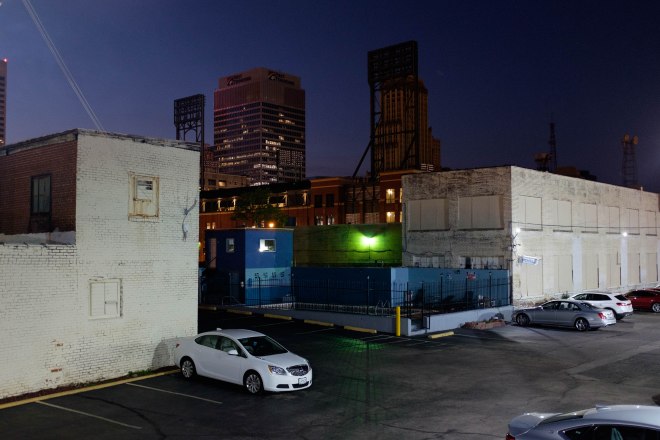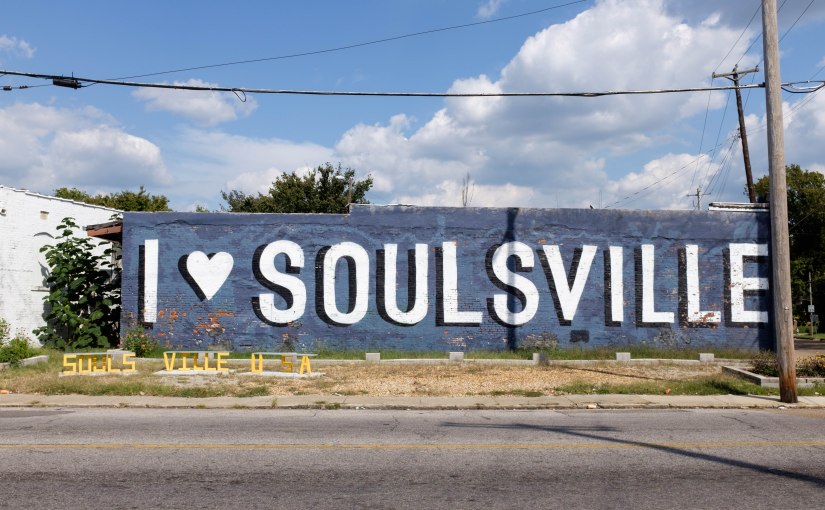We didn’t do our road trip to and from Memphis in any kind of logical order. Due to being blown off course by hurricane Irma, we went to Montgomery, Alabama, then Starkville, Mississippi and then Tupelo, Mississippi, before arriving in Memphis, Tennessee. Then we went down to the Mississippi Delta and on to New Orleans, skipping Nashville entirely. In terms of music history we were going backwards in time tracing the history of rock, blues and soul from the melting pot that was Memphis to it’s roots in the Delta and the jazz that originated in New Orleans. But then there are many possible orders to do it in – tracing the influence of ‘hillbilly’ music through the Appalachians and the Grand Ole Opry in Nashville, starting with Dixieland and ragtime jazz in New Orleans, listening to gospel music in the churches in Alabama, the state with the highest population of African Americans, or immersing yourself in the plaintive, raw blues of the Mississippi Delta. All musical roads in this part of the world eventually lead to Memphis and the music that changed the world (possibly detouring and spending some time in Chicago on the way).
All of it makes much more sense seen through the lens of economic history with the wealth of a small, white ‘ruling class’ profiting from slavery and then poor tenant farming (sharecropping) and, above all the importance of a single crop in the economic development and perpetuation of human misery in this part of the world: cotton. Great art did indeed emerge, but the human suffering that shaped it was immeasurably vast and horrifying.
During our trip this understanding of the historical and economic context and the different musical threads that came together to create the music that I love – blues and jazz and soul – deepened with every step. Every museum, every conversation, every musician that I heard has left me with a greater and more informed appreciation. Most of the museum tours start with a film of some kind. Time and again musicians (black and white) in these films would talk about listening to the Grand Ole Opry on the radio, singing gospel in church on a Sunday, and hanging out on a neighbour’s front porch listening to or learning the blues.
The Hank William’s Museum in Montgomery, Elvis’ early years in Tupelo, the many museum’s and tours in Memphis including the Civil Right’s Museum and the Ernest C Withers Photography Collection, the Delta Cultural Center in Helena, Arkansas, the BB King Museum in Indianola, Mississippi, the conversations with people not much older than me who remembered growing up chopping cotton from ‘kin to cain’t’ (can see to can’t see, dawn to dusk basically), the reminiscing with Jimmy and Quicksand at Bubba’s Blues Corner in Helena, sitting on a bench in Clarkesdale, Mississippi and chatting to Red of Red’s Juke Joint and Lucius Spiller who plays there, and above all the music we have heard at every stop in venues large and small have all come together to create one of the great trips of my life, which I will savour and draw from for many, many years.
Very hard to capture all of that in photographs – and too many photos for one blog post, so our journey after Memphis will be posted later. The photos below don’t capture any of the emotion I felt. Also, many times the camera stayed in the bag or the hotel room so as not to get in the way of seeing and hearing. I can only encourage anyone who loves the music from this part of the world to come and experience it for themselves and not to miss the museums. Learning about the blues has also meant learning more about the history of slavery and Jim Crow and the struggle for civil rights here in the South and America in general. A struggle which also paved the way and created a language and a style of activism which went on to be used for women’s rights, and LGBTI rights and other movements. One of the saddest things for me was hearing about how the assassination of Martin Luther King impacted and eventually derailed the vibrant, racially diverse soul music scene in Memphis, causing tension and bitterness where for a while there had been none, only a mutual joy in the music.
I’ve unashamedly cried a few times during this bit of our trip – at the Civil Rights Museum in the room of the Lorraine Hotel where Martin Luther King was shot, during the opening film at the Stax Record Museum watching Otis Redding perform, at the BB King museum reading some of the poetry on the walls and hearing about the life of that beautiful man. I’ve also danced until my feet were sore and felt my heart bursting with joy.
